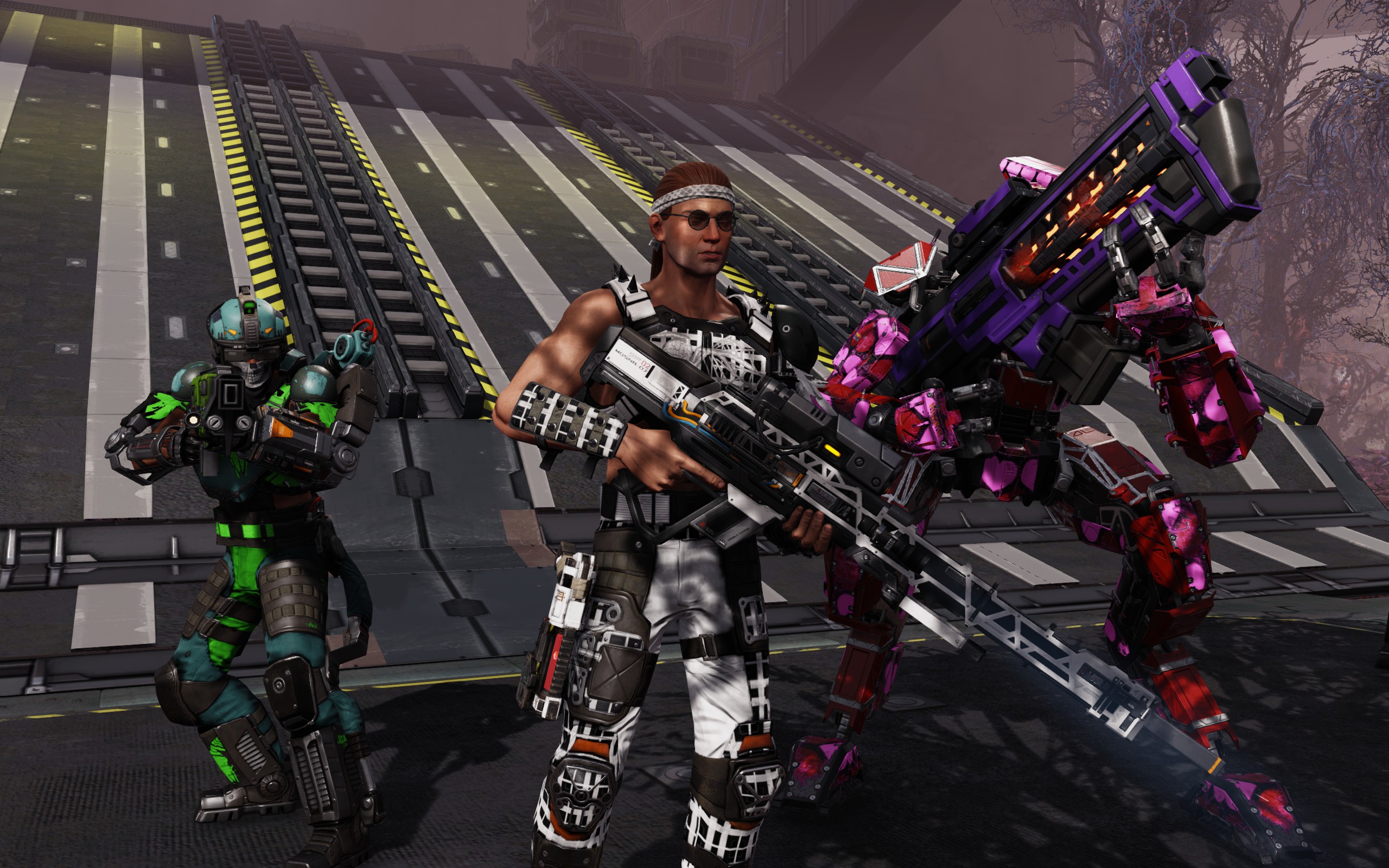Great moments in PC gaming are bite-sized celebrations of some of our favorite gaming memories.
When I say I like turn-based combat in any RPG that gives you a whole party to manage—and can I just mention how glad I am the collective noun for a group of adventurers is “party” and not something boring like “fellowship” or whatever—sometimes people think I mean the kind of combat you get in games like Final Fantasy 7. The kind where two parties of adventurers line up to face each other across an open space like they’re having a dance-off, taking turns to do a dramatic thing and then return to their spot, at which point they’ll presumably cross their arms and nod their head at a jaunty angle so everyone knows they’ve got attitude.
That is not what I mean. For me, the whole appeal of turn-based combat is positioning. If I can’t pick up my guys and move them around, why even bother?
There are interesting tactical considerations in choosing where people go—in trying to angle them for flanking bonuses or end their turns in cover or precisely place an area-of-effect attack. I want to see exactly where the grease spell is going to land and then stand right on the edge of it with my thumb on my nose, wiggling my fingers in the air. But that’s not the entirety of the appeal.
What really matters is that I like being able to pick up my guys and manoeuvre them around. That’s why real-time-with-pause doesn’t hit right for me. Sure, I could press spacebar and tell someone to go and do a thing, but it doesn’t feel like I’m reaching over the board to grab a playing piece and clomp them around, clacking against the tabletop every time I move them a square. What I really want from turn-based combat is that it should feel like playing HeroQuest or Space Hulk, or Dungeons & Dragons with the one guy who has spent a frightening amount of money on Warhammer armies and is desperate for excuses to bring all those miniatures out.
I want to feel like I’m measuring distances with a tape measure, placing cardboard templates in the shape of explosions, and indicating that someone is currently in midair by sticking them on an upturned glass.

The other thing I want is a sense of ownership. They gotta feel like my guys. I want to be able to decide which member of my D&D party wears a silly hat that doesn’t even give them any pluses; which member of my XCOM squad has a mohawk; whether my superheroes in Capes wear the brightly coloured alternate costumes in defiance of the whole Dark Age of Comic Books vibe.
Being able to respec them is great, and I appreciate the way everyone recruitable in Divinity: Original Sin 2 introduces themselves and then basically says “but I can be somebody else if you really want,” as if they’re so desperate for you to like them they’ll rewrite their entire personality from the ground up. (A bit of a red flag in real life, but excellent news in an RPG.) Being able to rename them is even better, though I don’t rename squaddies in XCOM immediately after hiring them. They have to prove themselves by surviving to promotion first. Rookies don’t deserve names. Yes, now that I lay these things out there is a disturbing undercurrent to how I treat the squad. It’s my party and I’ll domme my guys if I want to.
